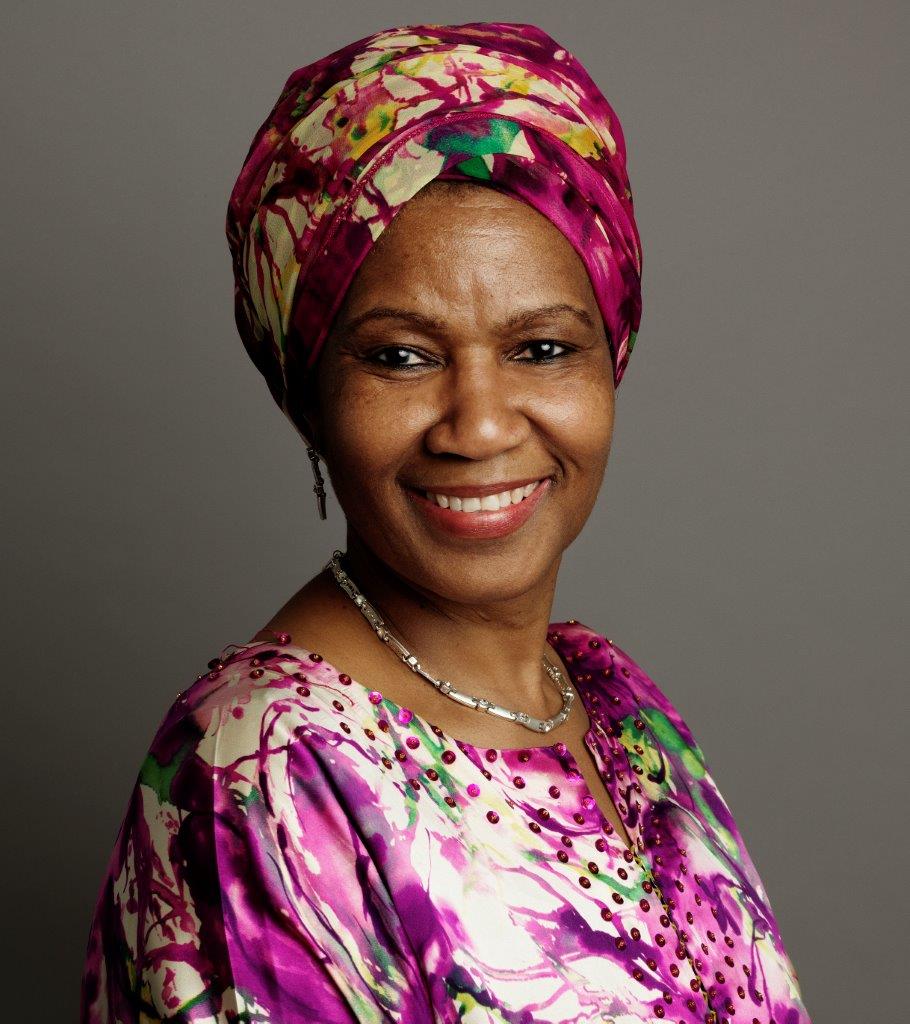You started as a schoolteacher. How did you get into development work?
South Africans of my generation were born into a situation that required us to take a stand. Some of us were lucky to be in communities where there were opportunities for us to be involved in charity and development work. The organization that gave me the first insight about my community was the YWCA, because my mother was a member. She was my role model as she was involved in community work. A lot of women were quietly making a difference. They were ordinary women doing extraordinary things during the apartheid days. They were filling the gap to provide services the system was not providing in black townships. Many of them worked in communities to get women to grasp the fact that spacing children will give them the freedom to be productive citizens, further their education and take time to become leaders.
How much of a challenge is reproductive health today in Africa?
Reproductive health continues to be one of the biggest issues of our time. Many of the girls start their journey to poverty at a very early age. It is usually because of unmet needs of reproductive health, and lack of access to services and in some cases, the challenge of reproductive rights that are violated: it could be rape and denial of services, therefore at an early age, they end up having children they cannot afford to look after. And as soon as that happens, they have signed a contract with poverty forever. They have also introduced poverty in the next generation, as it is most likely that the children they have will also be poor.
At another level is the prevalence of early marriages, one of the biggest challenges we have in the 21st century. They are sanctioned by parents and traditional leaders and we have inadequate response and action by governments. Many of the children who have early marriages are never going to take full advantage of their potential. A young girl who has the capacity to be a great scientist loses all of it, because at age 12, she is married to a 40-year-old. In many situations, the girls are married off to people they don’t know. So their emotional wellbeing is completely ignored.
Loading...

What about the missing Nigerian girls?
What has happened to the girls in Nigeria is in many ways a reflection of this crisis. What we are experiencing is modern-day slavery – the trafficking of young girls abducted in their communities. We are doing it to ourselves as Africans, we are taking our own children and abducting them and selling them and all of us who condemn slavery as nations of the world are not there to make sure this practice is not allowed to thrive on our continent or anywhere in the world. We have to find a way of making this a global responsibility, and not just the responsibility of the nation where it happens.
We are establishing a partnership with African Development Bank and will be working in post-conflict countries to support the recovery of women so they have the means to rebuild their lives and the community. The majority of women in Africa work in agriculture. Statistics [reveal] that if we show the same amount of support to women in agriculture, it will positively impact 150 million people on the continent.
What about issues of public health?
In some countries [in Africa], mothers and children die under circumstances that are preventable. Public education and access to public health is growing on the continent, there are many good stories of economic opportunities for women in ecotourism, sustainable development and the knowledge economy. For all these decisions to become public norms, you need all of society to buy into the changing circumstances. You need the man to be a part and parcel of this. For International Women’s Day 2014, our program ‘He For She’ called for men to come out and share their views on why gender equality is important and what they can do about it, in their companies and communities.
What is the global perception
of Africa?
It is by and large negative. We are not hearing enough about women who are breaking the glass ceiling and are change-agents. We don’t hear enough about Rwanda, where the parliament has the highest female participation. There are an outstanding number of women who are passing laws in Nigeria.
More should be done to ensure girls do not stay out of school. The education is also about curriculum, and to produce teachers who do not propagate stereotypes. And [the need] is to have a labor market that has equal pay for men and women.
You have been SA’s Deputy President. Would you ever be keen on making it as its first female President?
There are a lot more capable women.
When it happens, it will be a great day for South Africa and I will be cheering and supporting them.
– Interviewed by Methil Renuka
Loading...
